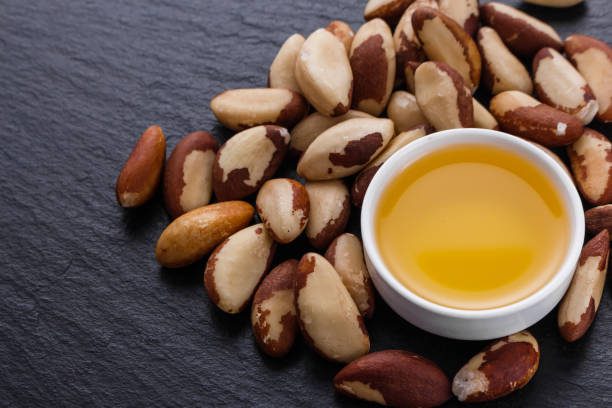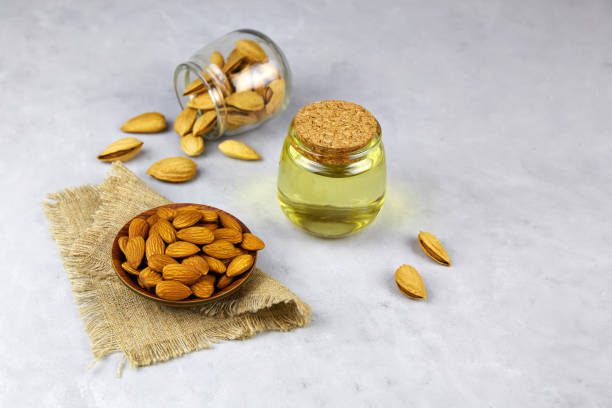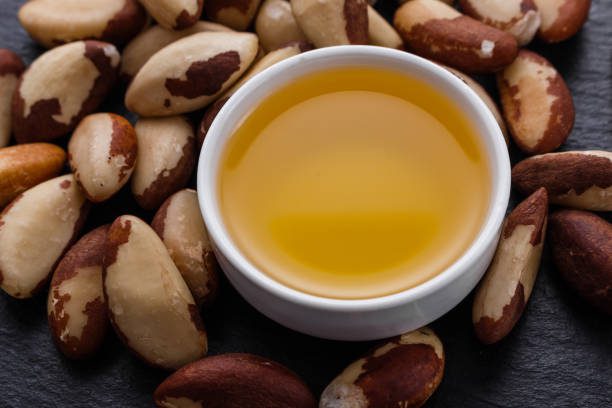Nutritional Value of Argan Oil
In the dry countryside of Morocco, there is a small fruit growing on the twisted trees whose seeds, actually nuts, contain a range of healing properties. Out of these humble seeds originates a rich, golden oil that has become a favorite among both the health niches and food lovers. Argan oil, also known as “liquid gold,” is not only a treasury of beauty but of many nutrients as well. In this article, we’re going to focus on the nutritional value of argan oil and find out why this Moroccan break ought to become a part and parcel of your provincial kitchen.
The Nutrient Profile: What Makes Argan Oil Special?
To better understand the nutritional value of argan oil from the food source, one needs to look at the nutrient value and break it down. This fermented product is rich in compounds that entitle it with health-promoting properties.

Essential Fatty Acids: Food for Argan II: The Heart of Argan’s Nutrition
But perhaps the greatest source of nutrition from argan oil is the fact the nuts contain essential fatty acids. These include:
Oleic acid (omega-9):
Together, both oleic acids, which constitute about 43–49% of the fatty acid profile of argan oil, are useful for the heart.
Linoleic acid (omega-6):
Being a component of the oil in a range of 29 to 36 percent, linoleic acid is vital for skin and cell functions.
Palmitic acid:
This fatty acid is present in a range of 11-15% for the fats that make up the argan oil.
Stearic acid:
Accepting both palmitic and stearic acids as saturated fatty acids, palmitic acid constitutes 4–7% of the oil.
Vitamin E: A Powerful Antioxidant Boost
- Alpha-tocopherol
- Beta-tocopherol
- Gamma-tocopherol
- Delta-tocopherol
Phytosterols: It is important, at this point, to focus on cholesterol-lowering compounds.
- Schottenol
- Spinasterol
- Stigmasta-8,22-dien-3β-ol
- Campesterol
These compounds make a contribution to the non-saturated acid content of argan oil, which is thought to be beneficial in the cardiovascular technique.
Polyphenols: Sun and water can have the following micronutrients with macrobenefits:
- Vanillic acid
- Syringic acid
- Ferulic acid
- Tyrosol
Health Benefits: Harnessing the Nutritional Value of Argan Oil
Knowledge about the composition of the argan oil may help, but knowing the result of such composition is another thing. It is now the right time to understand how these nutrients indicate the benefits to health in practical terms.
Cardiovascular Health Support
- Lower levels of low-density lipoprotein (LDL) cholesterol
- Raise levels of high-density lipoprotein cholesterol.
- Lower the chance of getting cardiovascular diseases.
It is well understood that the skin is the largest organ of the body and thus needs constant feeding and shielding. This is especially so since skin constantly undergoes damage and needs replacing.
The above also extends to skin health. Its fatty acid composition, particularly linoleic acid, along with vitamin E, can:
- moisturize and soften skin
- Reduce inflammation
- Facial care: shield skin against the sun and aging.
Antioxidant Defense
It contains natural antioxidants, vitamin E, and polyphenols in a high concentration comparable to one liter of argan oil. This may help:
- Combat oxidative stress
- Promote general cellular function
- May lower the incidence of some chronic illnesses
Anti-Inflammatory Properties
It is also understood that the nuts of the argan tree have been connected with antioxidant and anti-inflammatory nutritional elements of omega fatty acids and polyphenols. This could be particularly beneficial for:
- Treating inflammatory skin diseases
- Supporting joint health
- May help in the administration of various inflammatory ailments.
Digestive Health Support
According to some other parts, the nutritional value of argan oil may even include digestive health. Its potential benefits include:
- Enhancing the wellbeing of stomach mucosa
- One wonders whether it helps in controlling some digestive disorder.
Incorporating Argan Oil: How best to get the most out of the seed while preserving as many nutritional properties as possible.
All in all, nutritionists and dietician specialists make some recommendations according to which should be included the argan oil in your diet and lifestyle appropriately. Here are some ways to make the most of this golden elixir:
Culinary Uses
- Drizzle over salads: Argan oil is characterized by a nutty flavor and is thus used for dressing foods, particularly salads, let alone its nutritional benefits.
- Use in dips: trying to add argan oil into hummus or other dips for a healthy culinary purpose.
- Add to smoothies: Argan oil should be used in small quantities to add some value to your morning smoothie or breakfast.
- Light cooking: As the primary culinary use of argan oil involves leaving the food raw and uncooked as a result of its nutritious properties, light sautéing is possible.
Topical Applications
- Skincare: Use a few drops on your skin as a treat to your skin or combine it with your lotions.
- Hair care: It can be used as a leave-in conditioner to assist a hair and scalp with enhancing nutrients.
- Nail care: Rub on the cuticles to drive nail strength.

Conclusion:
The nutritional value of argan oil is a marvel indeed, providing much potential for a number of health benefits right inside a golden, delicious shroud. Argan oil is not just a flavor booster or a skin conditioner of the year; in its healthy fats and skin-reconstructing vitamins and antioxidants, argan oil is nothing short of a super food.
FAQs
Is the nutritional value of argan oil heated up?
Some articles indicate that argan oil can handle some heat; however, it is advisable to use it raw or in low-heat applications in order to retain its nutritional values. However, after a while, high temperatures cause alteration of some of its beneficial components, such as the antioxidants.
Just how many milliliters of argan oil is good enough to provide the nutritional value needed?
As a general guide, it is advisable to take about 1–2 tablespoons daily, although studies differ with most of them pointing to the above amount. Of course, it’s always better to address such questions to a GP or trite nutritionist.

